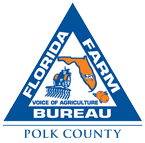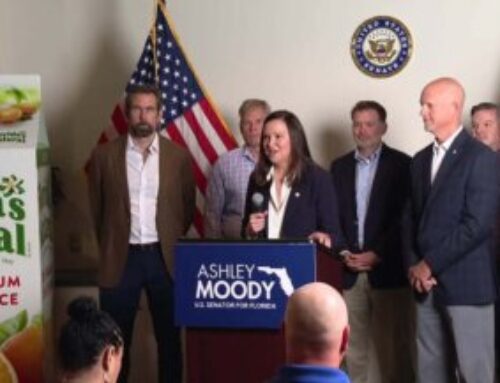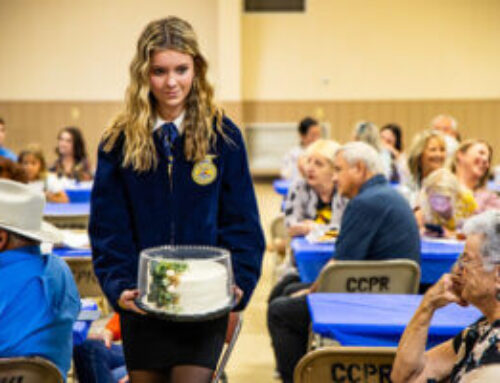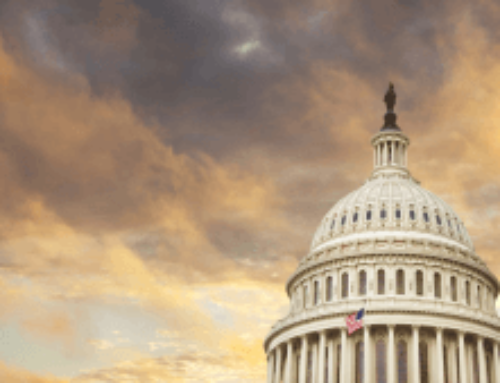USDA Scientists Create Nanobodies to Prevent the Spread of Bacteria
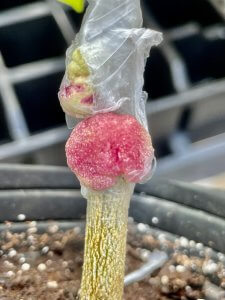
January 2023 FloridAgriculture eNewsletter
Scientists at the U.S. Department of Agriculture’s Agricultural Research Service (ARS) have discovered that these nanobodies can be used to prevent and treat citrus greening disease. Through continued research, scientists have also found that they can aid in the prevention of SARS-CoV-2 by blocking the virus’ protein from binding with the receptor protein.
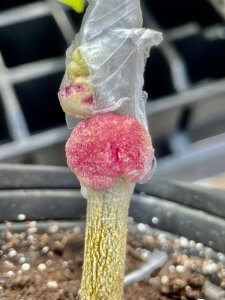
What started as research to prevent and treat citrus greening has developed into easily producible nanobodies in plants with broad agricultural and public health benefits, such as a treatment for SARS-CoV-2.
ARS scientists are using their newly developed and patented SymbiontTM technology to demonstrate the easy production of nanobodies in plants. In an article put out by the USDA, ARS researcher Robert Shatters, Jr. shares the importance of the research him and his team are doing.
“The results of that research are indeed successful and beneficial for the nation’s agricultural system,” said ARS researcher Robert Shatters, Jr. “But now we are aware of an even greater result – the benefits of producing therapeutics in plants now justify the consideration of using plants to mass produce COVID-19 protein-based therapies.”
AgroSource, Inc. has collaborated with USDA-ARS to develop the plant-based production system.
For more information about the nanobodies and the full article, click here.
The post USDA Scientists Create Nanobodies to Prevent the Spread of Bacteria appeared first on Florida Farm Bureau.
